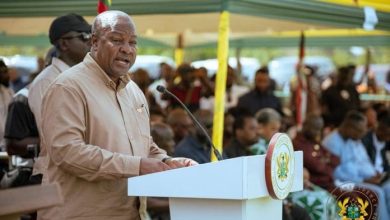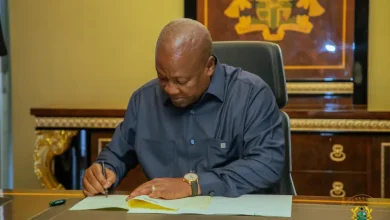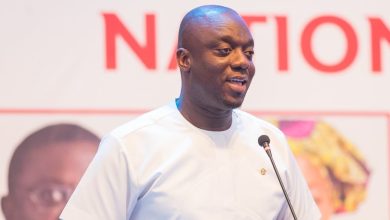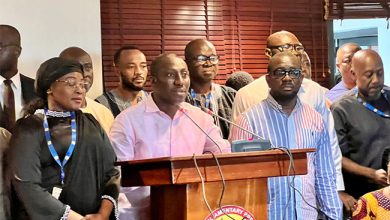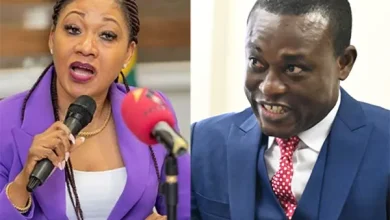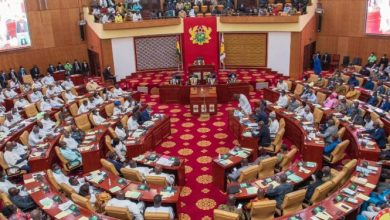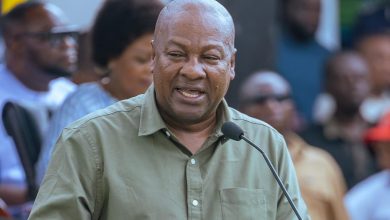Ghana – On A Journey To Economic Transformation
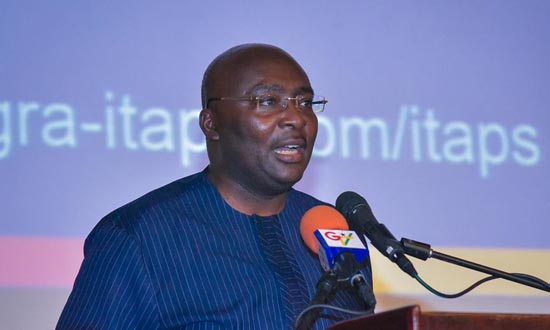
Every developing country desires to grow and transform into a developed economy – a desire which generally involves moving labour from low to higher productive activities. At the foundation of every successful economic transformation is the combination of “Economic Growth and Stability”.
The former leads to improved productivity and hence a lower unemployment rate, while the latter promotes international capital flows in the long run.
So how has the present Government fared regarding these two factors since His Excellency Nana Addo Dankwa Akufo-Addo and Dr. Mahamudu Bawumia took over the helms of affairs?
Regarding Economic growth, Ghana has been consistently ranked as one of the fastest-growing economies globally in recent time. The country’s trade balance recorded a surplus for four consecutive years between 2017 – 2020. It is not unsurprising that the IMF internationally comparable labour statistic unemployment rate for Ghana fell from a peak of 5.45% in 2016 to 4.53% as of 2020.
The importance of stability as a factor in economic transformation cannot be overemphasised. It is particularly important for economic transformation in developing countries due to their vulnerability to stability issues such as currency devaluation and hyperinflation.
For instance, the long term economic benefits which could have been derived from the fast economic growth experienced by most countries in sub-Sahara Africa in the mid-1990s were lost to the global financial and oil crises. In summary, without stability, economic growth will fail to translate to the much-desired transformation in the long run.
A good measure of a stable and resilient economy is robust external reserves to reduce the impacts of external shocks, which often lead to exchange rate depreciation. Ghana’s gross international reserves has increased by over 40% since 2016. And this has helped reduce the impact of external shocks on the country’s currency. The country in the year 2020 recorded the lowest currency depreciation in twenty-eight (28) years.
Another common measure of stability is the sovereign credit rating: an independent assessment that evaluates the economic and political environments to determine a country’s creditworthiness. In terms of credit rating, the Standard and Poor’s (S&P) in 2018 upgraded Ghana’s credit rating to B with a stable outlook from B- with a negative outlook, the first upgrade in 10 years.
Without a doubt, the data on economic growth and stability indicate that Ghana is already on a transformational economic journey. In addition to maintaining economic growth and stability, the Akufo-Addo and Bawumia administration has equally implemented poverty alleviation measures.
The Livelihood Empowerment Against Poverty (LEAP) programme was expanded by 53%, the National Entrepreneurship and Innovation Programme (NEIP) was established, several levies and taxes have also been eliminated or revised downward. The tax removals include:
17.5% VAT/NHIL on real estates, financial services, domestic airlines and selected imported medicines, that are not produced locally;
1% special import levy;
import duty on the importation of spare parts;
Levies imposed on Kayayei by local authorities;
Excise duty on petroleum.
Examples of the tax revisions are the following:
National Electrification Scheme Levy from 5% to 3%;
Full corporate tax deduction for private universities who plough back 100% of profits into the university;
Public Lighting Levy from 5% to 2%;
Special petroleum tax rate from 17.5% to 13% and introduction of specific rates;
The 17.5% VAT/NHIL rate replaced with a flat rate of 3 % for traders;
Capital Gains Tax Exemption on stocks traded on the Ghana Stock Exchange or publicly held securities approved by the SEC.
In fact, the International Monetary Fund (IMF) in 2019 estimated Ghana’s GDP to double the pace of emerging economies as a whole and well ahead of global growth.
Fellow Ghanaians, the economic transformation project of the Government is on course, and I enjoin my fellow citizens to exercise more patience to see the transformation agenda of this Government into fruition. God bless our homeland Ghana.
Source: Kwesi Baafi


